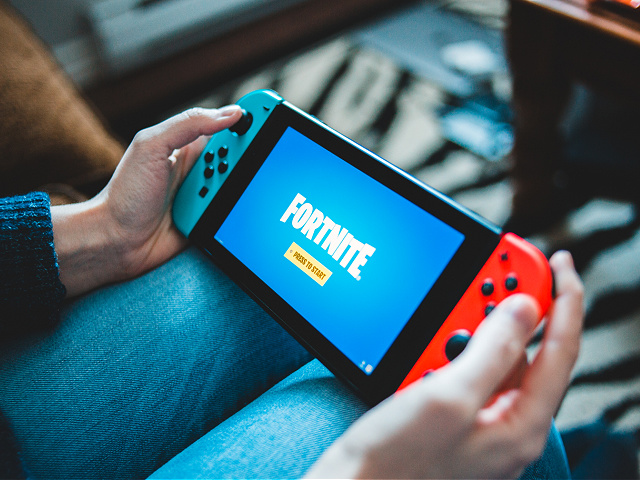The FTC has reportedly fined Epic Games, the developers behind the megapopular Fortnite video game, $520 million over children’s privacy violations and item shop charges. All parents of Fortnite gamers are familiar with the incessant request of gamers to buy more “V-bucks,” the currency used to make in-game purchases.
TechCrunch reports that the Federal Trade Commission (FTC) announced this week that it is imposing a $520 million settlement on Epic Games over allegations related to children’s privacy. The company, which is known for producing popular games such as Fortnite and Fall Guys, is accused of violating the Children’s Online Privacy Protection Act (COPPA) by using “dark patterns” to mislead millions of players into making unintended purchases, according to a press release from the FTC.
The $520 million payment is divided into two settlements: a COPPA fine of $275 million, the largest penalty ever imposed for violating an FTC rule, and a $245 million refund to customers for what the FTC refers to as “dark patterns and billing practices.” This second fine will be the largest refund amount ever issued by the FTC in a gaming case. Epic Games has stated that it will pay both fines.
Epic wrote in a statement: “Statutes written decades ago don’t specify how gaming ecosystems should operate. The laws have not changed, but their application has evolved and long-standing industry practices are no longer enough. We accepted this agreement because we want Epic to be at the forefront of consumer protection and provide the best experience for our players.”
According to Epic Games, the company has implemented updates to its payment processes, including the addition of a “yes or no” option to save payment information and the ability for users to instantly cancel purchases and request self-service refunds.
In addition to the allegations that it made it too easy for children to make online purchases, the FTC also raised concerns about Epic Games’ live text and voice communication features, which were set to be enabled by default. The agency claims that children were exposed to harassment and abuse through these features, particularly because Epic did not have measures in place to prevent children and adults from being matched together in online play. According to the FTC’s press release, children have experienced bullying, threats, harassment, and “psychologically traumatizing issues such as suicide” while playing the game.
The FTC has expressed concerns about the default activation of Epic Games’ live text and voice communication features, which the agency claims have exposed children to harassment and abuse. The FTC further alleges that Epic did not have adequate safeguards in place to prevent children from being matched with adults in online play, leading to incidents of bullying, threats, harassment, and even “psychologically traumatizing issues such as suicide” as reported in the agency’s press release.
In response to the FTC fine, Epic Games has highlighted the recent rollout of its Cabinned Accounts feature. If a player registers with a birth date indicating that they are under the age of digital consent in their country (13 in the U.S.), features such as chat and purchasing are disabled. When a child signs up for an account, their parent will receive an email notification and can then adjust the child’s account settings if desired. Currently, this feature is available for Fortnite, Fall Guys, and Rocket League.
Read more at TechCrunch here.
Lucas Nolan is a reporter for Breitbart News covering issues of free speech and online censorship. Follow him on Twitter @LucasNolan


COMMENTS
Please let us know if you're having issues with commenting.